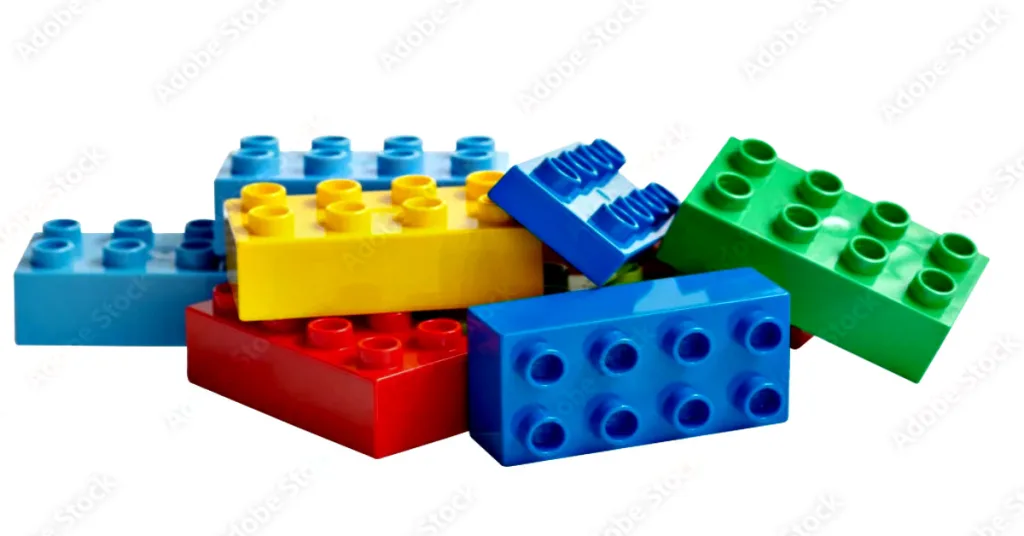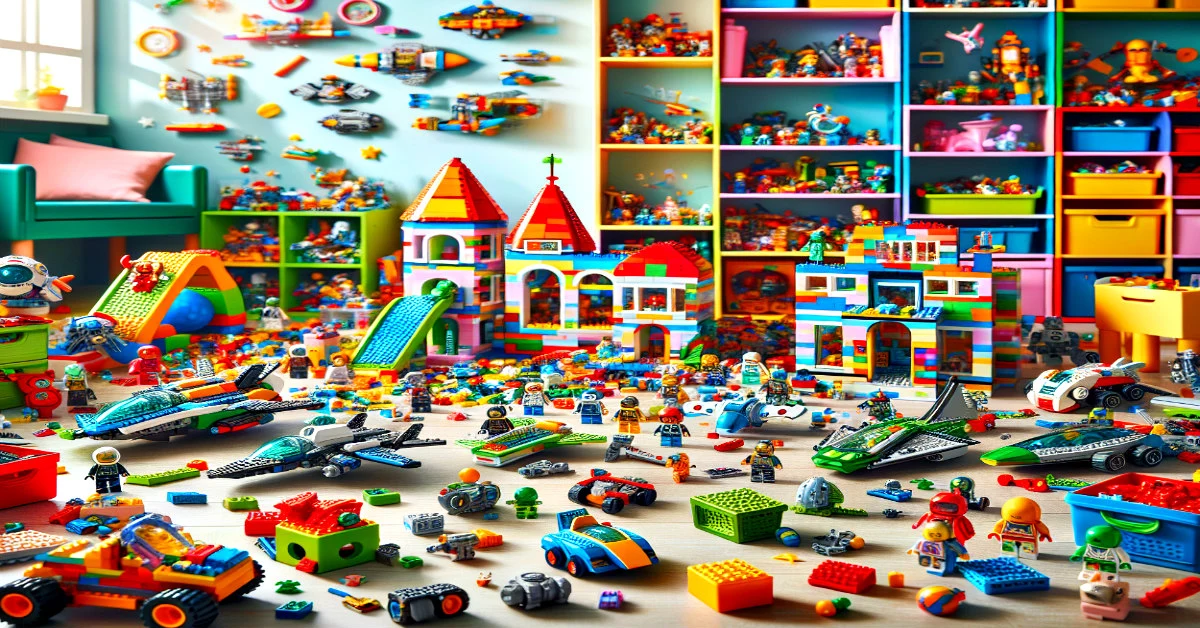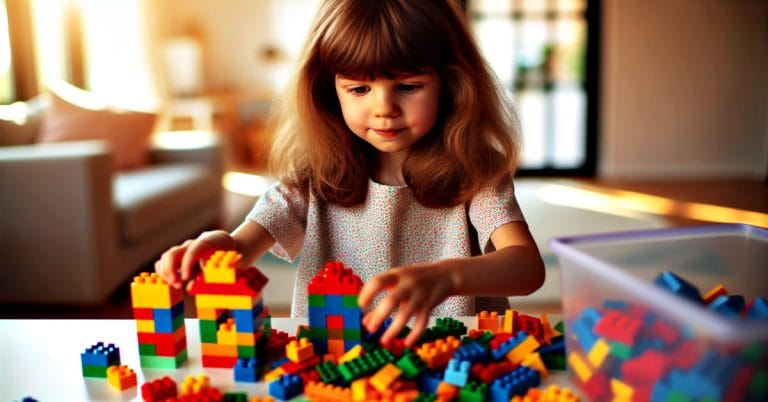Why should somebody look for Lego compatible alternatives? It's not because LEGO® is a lousy brand. LEGO® is a well-established brand with a reputation for high-quality products.
However, there are several reasons why someone might consider some LEGO alternatives. To start, have a look at this YouTube video:
Why Choose LEGO Compatible Building Block Toys?
However, the cost of LEGO is not always the first reason to look for alternatives. LEGO sets can be expensive, especially for larger or themed sets. Compatible alternatives often offer similar sets at significantly lower prices.
Here are interesting facts about Lego® alternatives. Be sure to read all the information about small and big building blocks!
While cost is a significant factor for many people, there are other reasons why someone might consider alternatives:
- Availability: Some LEGO sets, especially older or limited edition ones, can be challenging to find. Alternatives might offer similar sets that are more readily available.
- Variety: Alternative brands often offer a wider range of sets and themes, including niche interests or unique designs that LEGO may not produce.
- Customization: Alternatives can provide a broader range of individual bricks and pieces, allowing for greater customization and creativity in building projects.
- Supporting Smaller Brands: Some people prefer to support smaller, independent brands rather than a large corporation like LEGO.
- Ease of Mixing: Because of their standard dimensions, these blocks integrate seamlessly with LEGO®, ensuring a perfect fit every time.
- When do Lego alternatives become the better choice?
Key Features to Look For
When shopping for LEGO compatible building blocks, keep these factors in mind:
1. Standard Dimensions
When considering LEGO alternatives, paying attention to standard dimensions is crucial to ensure compatibility and seamless integration with your existing LEGO collection. Here are the key considerations:
- Stud Spacing is a fundamental dimension. It is the distance between the centers of the studs on a LEGO brick. To ensure compatibility, alternative brands should ideally have the same stud spacing.
- Stud Diameter: The diameter of the studs should be consistent with LEGO standards to allow for secure connections.
- Brick Height: The height of standard LEGO bricks is well-defined. Alternatives should adhere to this standard to maintain consistent building heights.
- Brick Width: The width of LEGO bricks, especially the classic 2×4 brick, is a reference point. Alternatives should have similar widths for proper alignment.
- Plate Thickness: The thickness of LEGO plates is crucial for stacking and layering. Alternatives should have compatible plate thicknesses to avoid gaps or instability.
- Unique Pieces: If you frequently use specialized pieces like slopes, arches, or hinges, ensure the alternatives have compatible shapes and sizes.
- Connectors: The design and compatibility of connectors, such as clips, bars, and tubes, are essential for building complex structures.
2. Material Quality
The material used in alternative bricks should be durable and resistant to wear and tear. To ensure longevity and safety, choose blocks made of ABS plastic, a durable and safe material used by LEGO®.
3. Safety Standards
Ensure the brand adheres to safety certifications like EN71 or ASTM for non-toxic and child-safe products.
Brand Reputation
Research brands and read reviews to confirm their compatibility and quality. Some trusted LEGO®-compatible brands include:
- Mega Construx: Known for creative themes and detailed pieces.
- Cobi: Specializes in historical and military-themed sets.
- Sluban: Offers budget-friendly options with diverse designs.
- Qman: Provides colorful, durable blocks for kids and adults alike.
- Strictly Briks: Offers versatile baseplates and building sets.
- BlueBrixx: Popular for intricate designs and specialized themes.
- LaQ: Known for unique shapes and educational focus.
- Wange: Focuses on architectural sets and detailed models.
How to Identify Quality LEGO Compatible Blocks
Finding compatible building block toys doesn't have to be a challenge. Follow these steps to identify high-quality alternatives:
Shop Online Retailers
Search for “LEGO-compatible blocks” on platforms like Amazon—filter results by customer ratings and reviews.
Start Small
If you're new to LEGO alternatives, consider starting with smaller sets or individual pieces to test compatibility and assess quality.
Explore Unique Themes
Some brands offer designs, such as military vehicles, historical landmarks, or neon-colored bricks, that LEGO® doesn't typically produce.

searching Tips for Compatible Building Blocks
If you're looking for LEGO-compatible products, here are some ways to find them effectively:
Emphasize Compatibility: Use phrases like “100% compatible with LEGO®” and include a clear disclaimer: “LEGO® is a trademark of the LEGO Group, which does not sponsor, authorize, or endorse this product.
Use keywords like “LEGO®-compatible,” “building block toys,” and “interlocking bricks” to improve the search of the product you are looking for.
Building Without Limits
Exploring LEGO alternatives brands can unlock endless possibilities for creativity and play. Mixing and matching blocks allows you to build bigger, dream bolder, and create unique projects that stand out.
Whether you're a parent looking for affordable options or a collector expanding your inventory, the world of compatible building blocks offers something for everyone. Let your imagination take the lead and start building without limits today!



